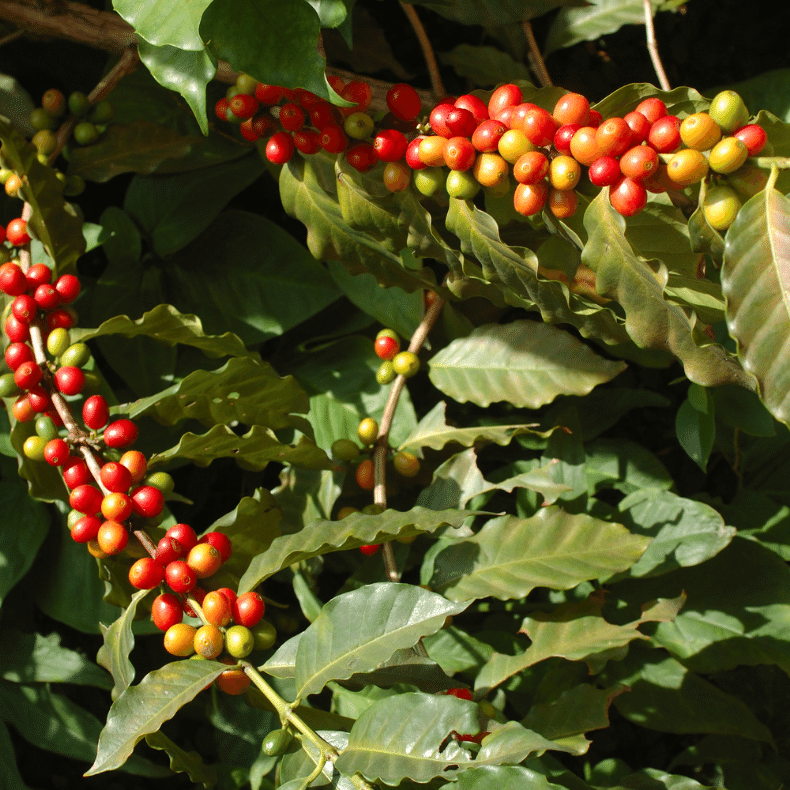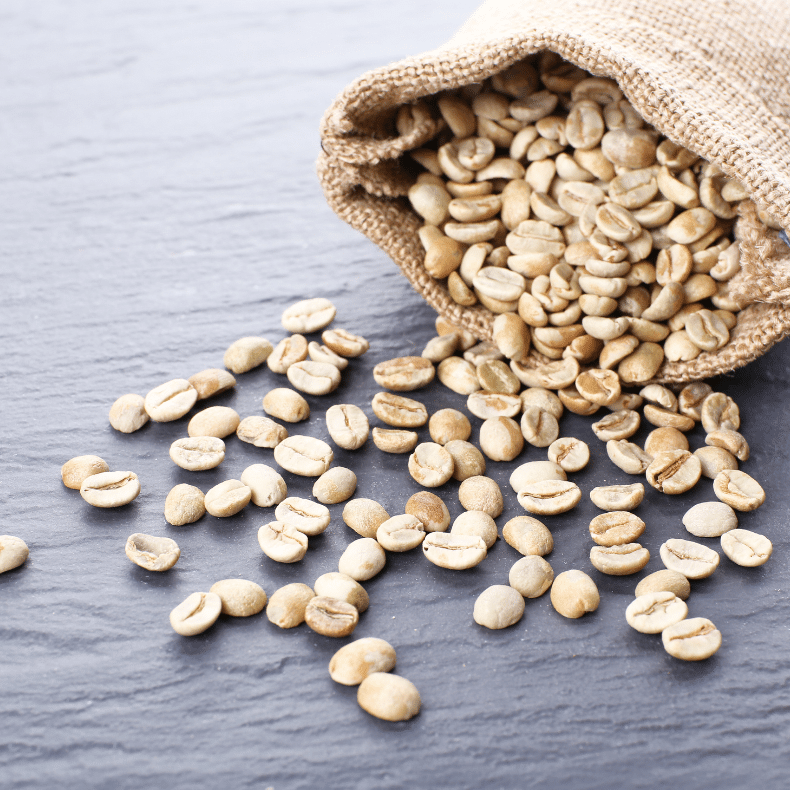Not all coffee is the same, but you probably already knew that. Just like with any food or beverage, coffee has grades. At the top of the chart is specialty grade coffee, which comes from Arabica beans only and represents 3% of the total global yield of the product.
But what makes it so special? And why should you care about the grade of your coffee?
Specialty Grade Origins
In 1978 at a coffee conference in France, Eran Knutsen of Knutsen coined the phrase in a speech to delegates. The initial concept from Knutsen was simple—special geographic microclimates produce beans with distinct flavor profiles. Specialty grade coffee is much different from regular coffee because of the growth at higher elevations (over 2,000 feet) and is most often from Brazil.
The declaration also meant that specialty coffee beans would always be freshly roasted and properly brewed. Since that time, the Specialty Coffee Association (SCA) developed a rating system to grade coffees.
Specialty Grade Coffee: How Does a Product Receive this Designation?

The SCA has a scale for grading and designating a product as specialty grade. They also have a lesser grade, which is premium. Any coffee that doesn’t fall into these two categories is “below specialty grade.”
A 350-gram bean sample must have zero Category 1 defects (primary defects) and five or less Category 2 defects (full defects) to attain specialty grade. Coffee beans must be a specific size
It must also have at least one unique attribute regarding body, taste, aroma or acidity. Further, the batch cannot contain any unripe beans (quakers). The moisture content also must be between 9-13%.
SCA employees, called cuppers, evaluate the coffee. They have extensive training to identify specific flaws. At least 15 cuppers test a coffee.
Defects Explained
- Category 1: Full black or sour bean, pod/cherry, and large or medium sticks or stones.
- Category 2: Parchment, hull/husk, broken/chipped, insect damage, partial black or sour, shell, small sticks or stones, water damage.
In common terms, specialty grade coffee represents the top tier of coffee bean quality evaluation. This evaluation allows for a maximum of five defective beans in a 350-gram sample. It considers other factors such as bean size, taste notes and moisture content. The SCA reports that only about 37% of coffee in U.S. coffee drinker cups are specialty grade.
Find out more about SCA standards here.
Why Drink Specialty Grade Coffee?

If you want the most flavorful and satisfying cup, specialty grade is what should be in it. Lower quality coffees won’t have the flavor notes of specialty grade. Those beans are often over-roasted as well, which causes extreme bitterness.
The decision to drink specialty grade products is for those that truly want their coffee to amaze their senses. It’s an experience, not just something they drink in the morning to perk up.
Specialty grade coffee is also very affordable, so you won’t have to break your budget.
Why We Only Offer Specialty Grade
While we won’t say we’re coffee snobs, we do care deeply about the quality. As micro-roasters, we want the best beans. Our practice of using specialty grade beans is our commitment to quality and your taste buds.
Check out what we’ve got roasting by shopping our specialty grade products!

